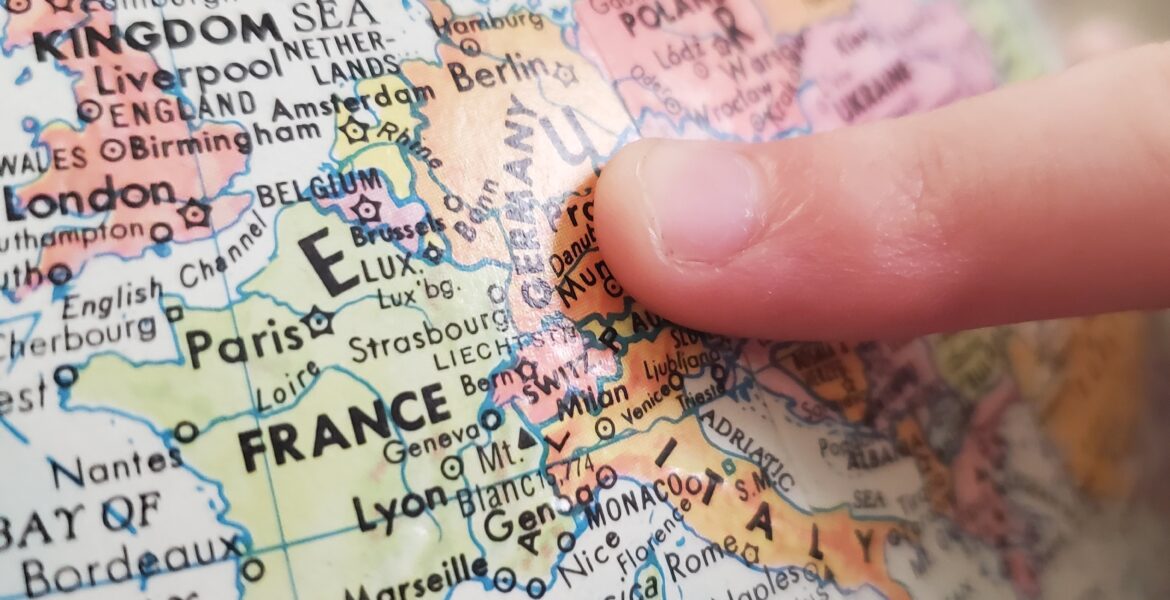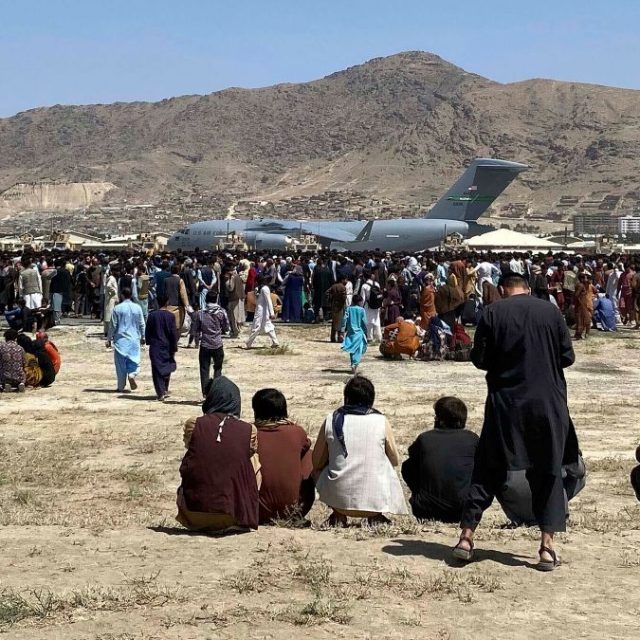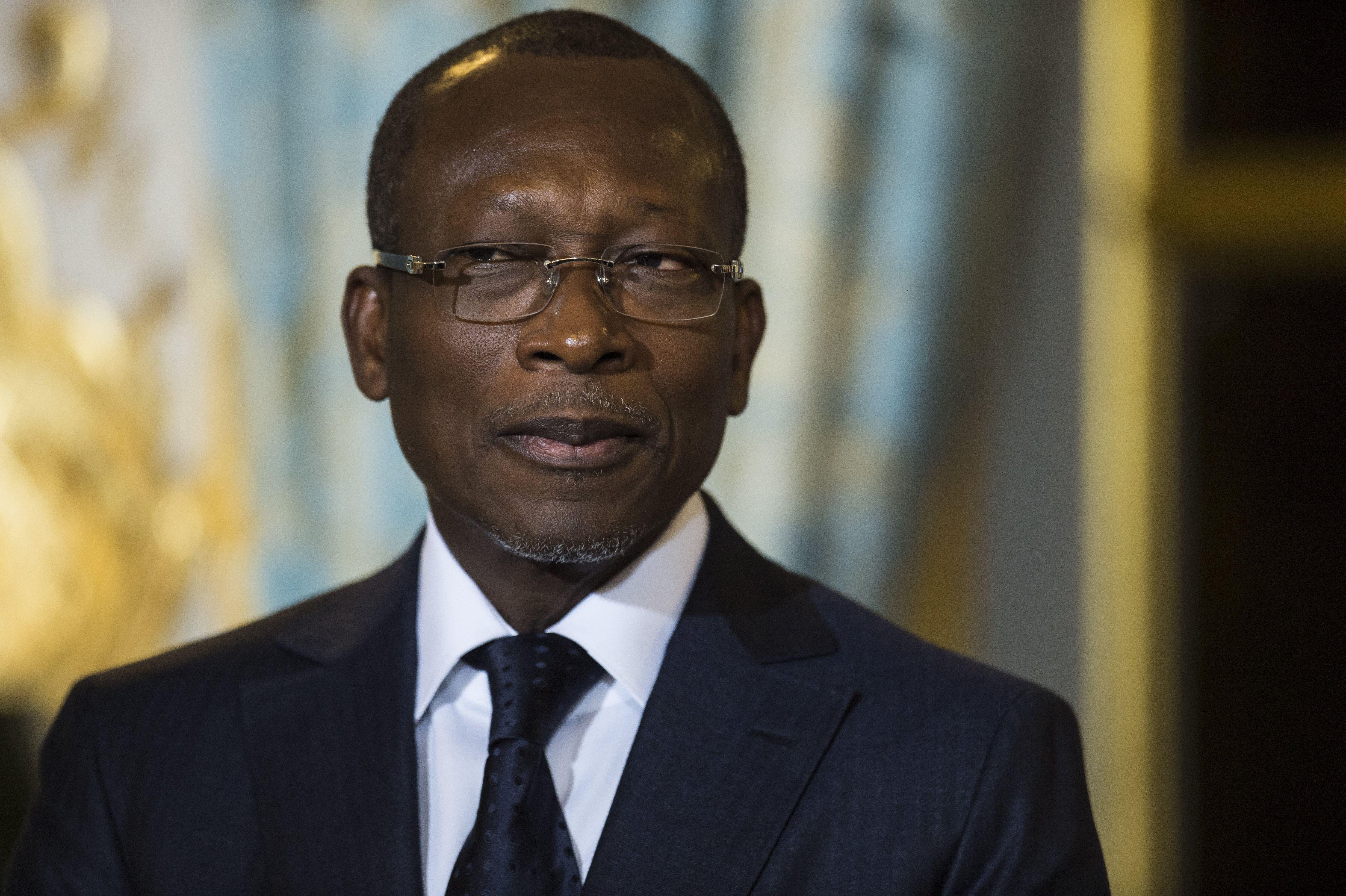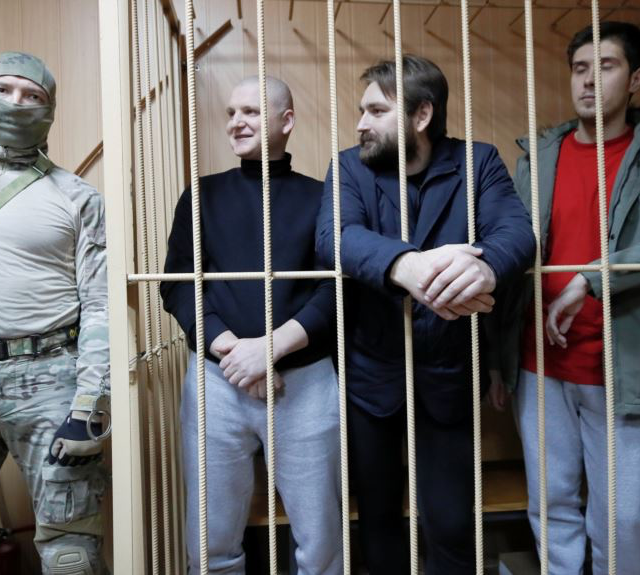Photo by Danielle Rice on Unsplash
A former Europe Minister in the UK has cast doubt on the new European Political Community (EPC).
Denis MacShane is a widely respected political observer and served under Tony Blair’s premiership.
The Labour veteran politician is partly dismissive of the EPC, the initiative of French President Emmanuel Macron.
It is, says MacShane,“basically a useful talking shop.”
It was Macron’s idea to create such a forum and was launched in the wake of Russia’s aggression against Ukraine in February 2022. Its lofty ambitions were to create “a new space for cooperation” and contribute to peace and security.
Its members include each of the 27 EU member states, the EU accession candidates (Albania, Montenegro, North Macedonia, Moldova, Serbia, Turkey, Ukraine) and the potential EU accession candidates (Bosnia and Herzegovina, Georgia, Kosovo).
Others on board include Andorra, Armenia, Azerbaijan, Iceland, Liechtenstein, Monaco, Norway, San Marino, Switzerland and the United Kingdom.
The founding summit was held in Prague in October 2022 and the third meeting took place recently in Granada in southern Spain.
It will, MacShane told this site, “replace the failure of the EU to take any steps especially to allow post-communist states in the Western Balkans to join the EU in the manner of post-fascist states in the 1980s (Spain, Portugal, Greece) or post-Communist states in Central/East/South Eastern Europe, from Estonia or Bulgaria.”
The former UK government minister said the EPC “is just a talking shop to let the Prime Ministers of Albania, North Macedonia and Kosovo, which could easily join the EU along with more problematic states like Turkey, Azerbaijan, Armenia and Georgia, to sit with EU government heads and feel part of the show.”
He adds, “The big one (candidate country) is Ukraine, of course, and while the EU hums and haws about the cost of paying for Ukraine farmers or cleaning up the still endemic Putin-type business corruption the EPC at least puts Zelensky (the Ukraine president) at the same table: in the same, not EU, but European club.”
It is unclear if the EPC has, as yet, a secretariat and some Prime Ministers did not go to its recent meeting in Granada.
Rather than considering the grander aims of the EPC, the UK press focus was on a meeting on the sidelines about immigration between UK PM Rishi Sunak and Giorgia Meloni, his Italian counterpart.
But that meeting and subsequent statement on immigration amounted to relatively little, says MacShane.
Macron, in a key-note address at Sorbonne as the new French president in September 2017, made a foreign policy speech announcing that the West Balkans states should be welcomed into the EU.
Then, recalls MacShane, “he started dealing with reality and realised other EU member states had no desire to see West Balkan states sitting alongside them.”
“Somebody also told him Albania was Muslim and it would have been a big gift to Marine Le Pen (the French far right leader) if Macron championed a big Muslim nation entering the EU.”
When the EPC was first announced MacShane said he urged the UK to join “as it would be a modest reconnect after Brexit” and he told this site, “To my surprise Liz Truss (then UK Premier) did so and Sunak has clearly been persuaded by the Foreign and Commonwealth Office to stay on.”




